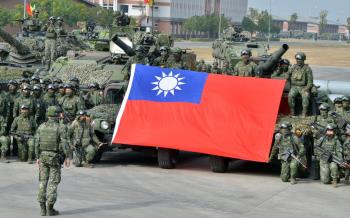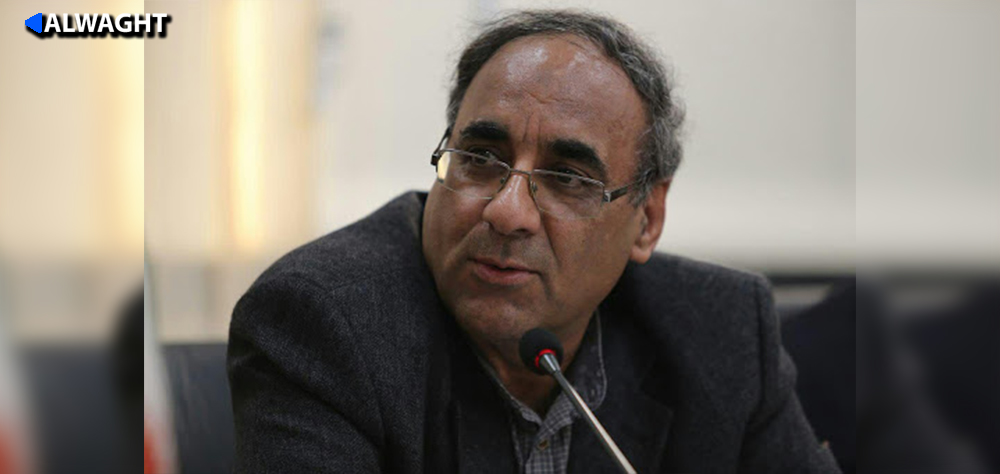Alwaght- Reports from West Bank suggest that the Fatah movement is inching towards a political crisis a few months before the scheduled general elections amid broadening divisions which have gone so wide that the Central Committee of the movement has failed to settle the internal differences at a meeting it held recently in Ramallah.
Such a situation promotes some questions: Will Fatah infighting delay the elections? Will it influence the relations with Hamas?
Alwaght arranged an interview with Palestinian Affairs expert Majid Safataj, asking him these questions and more.
The operational forces within Fatah opposed to the political leadership’s will to compromise
Safataj believes that the differences between Fatah and the Palestinian Authority are not limited to the period of the foundation of the Palestinian Authority. Rather, the roots of the current divisions should be traced back to the early 1950s. After the foundation of Fatah, Arab countries formed the Palestinian Liberation Organization (PLO) in an effort to contain the Palestinian resistance.
Mr Safataj added the Fatah movement, which was also a member of the PLO, gradually changed its way of fighting. The armed struggle against the Israeli occupation gave its place to negotiation and political struggle which is itself influenced by the compromising approach of the Arab regimes in the face of the West. Part of Fatah embraced some compromising transformation and since its negotiations with the Israeli regime and signing of the Oslo Agreements in 1991, and choosing to make compromises to Tel Aviv, these differences were present. Such an approach made some of the political factions and figures constantly discontented. In other words, part of Fatah's body and leadership have been against the adoption of a compromising approach.
“Even after Hamas took control of the Gaza Strip in 2005 following general elections, the pro-compromise and reconciliation faction of the Fatah movement fought against the Hamas but over time as the Israeli regime declined to fulfill its promises, the pro-compromise front proved invalid and unreliable. After nearly 30 years of negotiations, Palestinians made no gains, and now a considerable part of Fatah's body oppose continuing this path. At the time being, Fatah’s operational forces are reluctant to follow organizational mindset or obey the leadership, and this leaves a joint list in doubt.”
Hamas seeks to save its popularity and legitimacy among Palestinians
Commenting on Fatah leaders’ claims that they are not after securing the presidency of the Palestinian Authority and if an agreement was made between the movement and Fatah, Mr Safataj said that in the first place it is necessary to take into account that Hamas is devoid of a cohesive organizational network to make definitely unified stances. Moreover, it should also be taken into consideration that Hamas-Fatah relations should be interpreted in terms of brotherly ties which are always chilly. Current Hamas policy is similar to that of Lebanese Hezbollah which due to political considerations chooses to avoid presence in key posts.
“So far, Hamas declined membership of the Palestinian Liberation Organization, because should it join the organization, it will have to abide by the rules, among them the recognition of the Israeli regime. This is somehow the source of its popularity and legitimacy among the Palestinian people. Hamas does not want to lose this status by securing Palestinian Authority posts.”
The election will boost the resistant factions
The political expert also was asked about the influence of the elections on the struggle against the Israeli occupation and also the Arab-Israeli normalization process. He held that to get an accurate assessment, we need to look back at the past Palestinian elections. By a look at the 1990s elections, we can see that they take their cue from Hezbollah and are inspired by the Islamic Republic in Iran. The new elections will very likely put on shaky ground the PLO and Palestinian Authority and reciprocally boost the position of the pro-liberation fighters. “So we can say that the elections and their outcomes will strengthen the Axis of Resistance and return to the ideas of the 1950s in which armed struggle was the key path of the Palestinian groups for liberation.”



























